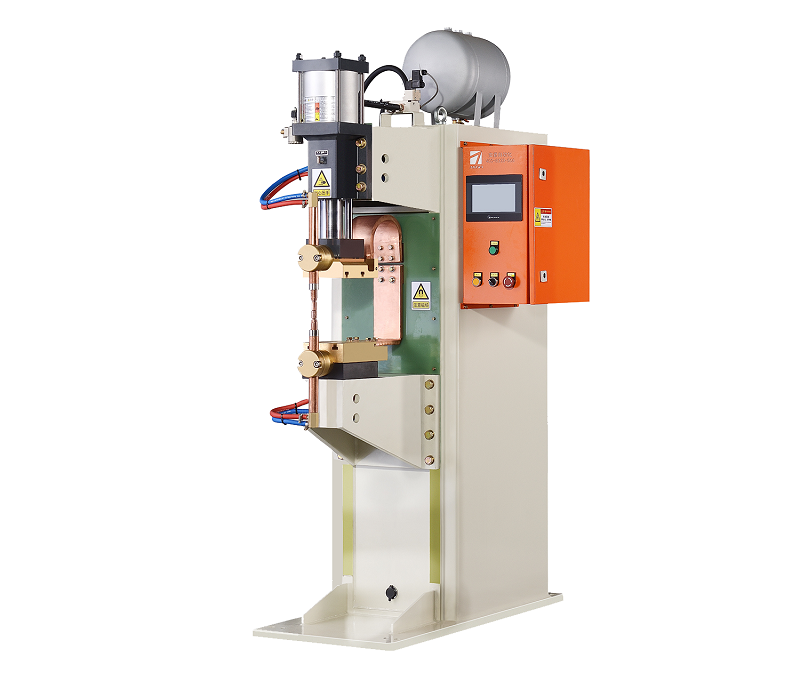Requirements for Cooling Water Quality in Medium Frequency Spot Welding Machines?
The quality of cooling water used in medium frequency spot welding machines plays a critical role in maintaining optimal equipment performance and ensuring the quality of welded joints. This article explores the essential considerations for cooling water quality in medium frequency spot welding machines and emphasizes the significance of adhering to specific requirements to achieve successful welding outcomes.

Importance of Cooling Water Quality: Cooling water serves as a vital element in regulating the temperature of welding equipment during operation. The quality of this water directly impacts the efficiency and longevity of the welding machine. Poor cooling water quality can lead to various issues, including overheating, equipment malfunction, and compromised weld quality.
Key Requirements for Cooling Water Quality:
- Purity and Cleanliness: Cooling water should be free from impurities, contaminants, and minerals that could accumulate in the machine’s cooling system. Any foreign particles or deposits can hinder heat dissipation and negatively affect equipment performance.
- Chemical Composition: The chemical composition of the cooling water should be compatible with the materials used in the welding machine’s construction. Water with excessive levels of minerals or corrosive substances can lead to premature equipment degradation.
- Corrosion Inhibition: Cooling water should contain corrosion inhibitors to protect the internal components of the welding machine, preventing rust and deterioration. Corrosion can compromise the integrity of the cooling system and impact welding performance.
- pH Level: The pH level of cooling water should be within a specified range to prevent the formation of scale, corrosion, and microbial growth. Maintaining the appropriate pH level helps ensure efficient heat transfer and equipment longevity.
- Temperature Control: The cooling water temperature should be maintained within a designated range to prevent equipment overheating and ensure consistent welding performance.
The quality of cooling water used in medium frequency spot welding machines is a critical factor in achieving successful welding outcomes and prolonging the lifespan of the equipment. Adhering to specific requirements for cooling water quality, such as ensuring purity, appropriate chemical composition, corrosion inhibition, pH control, and temperature regulation, is essential. By maintaining high-quality cooling water, welding professionals and manufacturers can mitigate the risk of equipment malfunction, optimize welding performance, and produce high-quality, reliable welds. It is crucial to recognize that investing in proper cooling water management not only safeguards the equipment but also contributes to the overall efficiency and effectiveness of medium frequency spot welding processes.